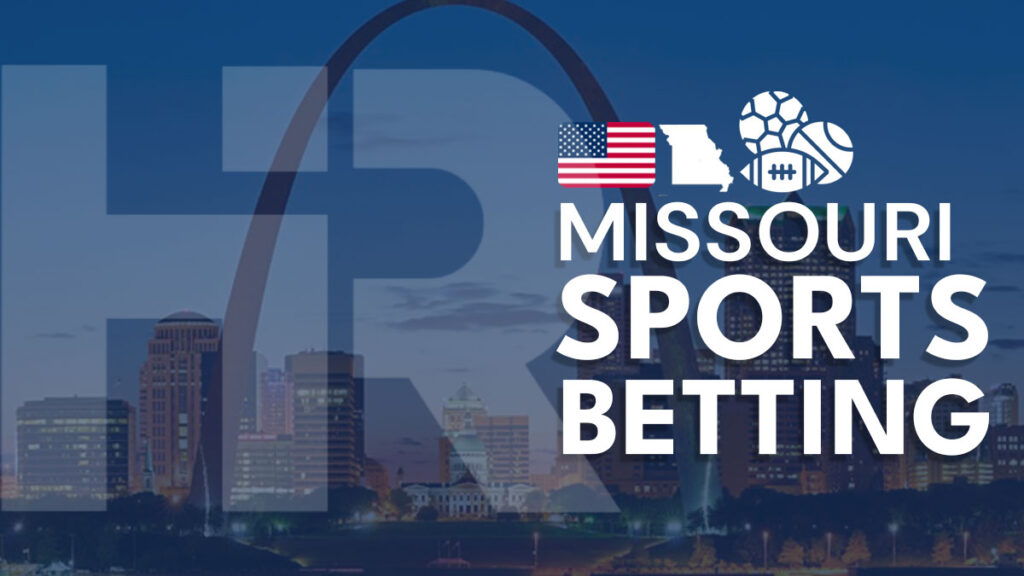The push to legalize sports betting in Missouri has gained significant momentum, led by the “Winning for Missouri Education” group, supported by six professional sports franchises in the state.
The initiative aims to address the absence of legal sports betting in Missouri, a situation that has resulted in missed state revenue opportunities and residents resorting to offshore operators or crossing state lines to place bets.
Surpassing the required 180,000 verified signatures well ahead of the May 5 deadline, the petition garnered an impressive 325,000 signatures, reflecting substantial public backing.
This initiative seeks to bypass the state’s general assembly, which has faced delays in addressing the issue over the years, despite neighboring states like Kansas and Kentucky having already legalized online betting, with seven out of eight bordering states currently offering sports betting options.
Jack Cardetti, the campaign spokesman, expressed gratitude for the support of Missouri’s professional sports franchises, emphasizing their crucial role in enabling Missourians to directly vote on the matter come November.
Citing data from GeoComply, which indicated that over the Super Bowl weekend alone, approximately 431,000 Missouri residents attempted to place bets unsuccessfully, the Winning for Missouri Education group underscores the urgency of legalizing sports betting to curb black-market activity and redirect funds towards education.
With Missouri teachers among the lowest paid in the nation, proponents view this initiative as a means to boost state revenue for education.
Cardetti hailed the petition’s success as a significant stride forward, positioning Missouri to retain revenue within the state for the betterment of local communities and classrooms.
Moving forward, county clerks will tally the signatures, with the secretary of state’s office expected to determine ballot eligibility around July.
Proponents envision regulated sports betting as a safe and lucrative venture, with the Missouri Gaming Commission slated to oversee operations and a proposed 10% tax on sports wagering projected to generate substantial revenue for education.
The involvement of prominent sports entities like the St. Louis Cardinals underscores broader support for the initiative.
Bill DeWitt III, the team’s president, expressed optimism about the potential benefits of legal sports wagering, anticipating positive impacts on Missouri’s professional sports landscape, fan engagement, and educational funding.
